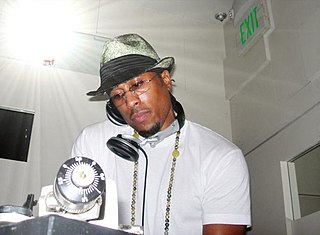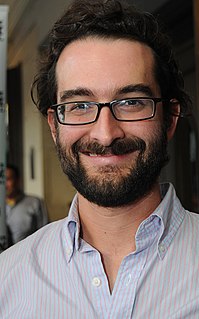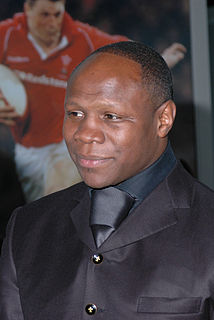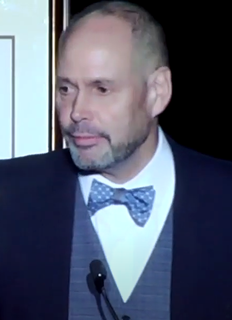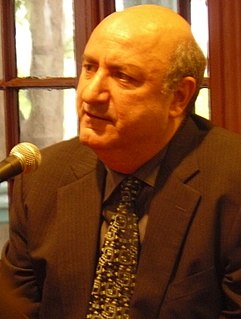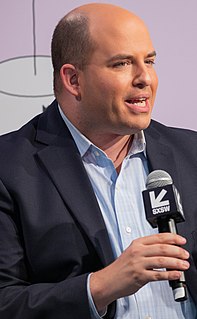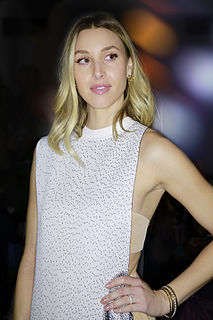A Quote by Ali Shaheed Muhammad
As an artist, sometimes you'd rather not do the interview. You might feel the interviewer isn't educated on you... or what you're about.
Related Quotes
I might ask about the first time a person heard a song that they really responded to, like when I asked Mos Def when he first "got" hip-hop and he went into this memory about how hearing someone rap really affected him. He wasn't simply remembering the event. It was almost like he was occupying that space again. When you can really transport an interview subject like that, your readers can feel it and it helps them to connect with the artist.
'What is your desired salary?' The unwritten rule when it comes to salary is this: whoever proposes a number first loses. When you interview, you should never feel pressured to answer this question. Simply let your interviewer know that the most important thing to you is how well you fit the position.
